Source for this related gaming news is as simple as you click This website and read another one!
Source for this related gaming news is as simple as you click This website and read another one!
Source for this related gaming news is as simple as you click This website and read another one!
Source for this related gaming news is as simple as you click This website and read another one!
Source for this related gaming news is as simple as you click This website and read another one!
Source for this related gaming news is as simple as you click This website and read another one!
Source for this related gaming news is as simple as you click This website and read another one!
Source for this related gaming news is as simple as you click This website and read another one!
Source for this related gaming news is as simple as you click This website and read another one!
Source for this related gaming news is as simple as you click This website and read another one!
Source for this related gaming news is as simple as you click This website and read another one!
Source for this related gaming news is as simple as you click This website and read another one!
Source for this related gaming news is as simple as you click This website and read another one!
Source for this related gaming news is as simple as you click This website and read another one!
Source for this related gaming news is as simple as you click This website and read another one!
Source for this related gaming news is as simple as you click This website and read another one!
Source for this related gaming news is as simple as you click This website and read another one!
Source for this related gaming news is as simple as you click This website and read another one!
Source for this related gaming news is as simple as you click This website and read another one!
Source for this related gaming news is as simple as you click This website and read another one!
Source for this related gaming news is as simple as you click This website and read another one!
Source for this related gaming news is as simple as you click This website and read another one!
Source for this related gaming news is as simple as you click This website and read another one!
Source for this related gaming news is as simple as you click This website and read another one!
Source for this related gaming news is as simple as you click This website and read another one!
Source for this related gaming news is as simple as you click This website and read another one!
Source for this related gaming news is as simple as you click This website and read another one!
Source for this related gaming news is as simple as you click This website and read another one!
Source for this related gaming news is as simple as you click This website and read another one!
Source for this related gaming news is as simple as you click This website and read another one!
Source for this related gaming news is as simple as you click This website and read another one!
Source for this related gaming news is as simple as you click This website and read another one!
Source for this related gaming news is as simple as you click This website and read another one!
Source for this related gaming news is as simple as you click This website and read another one!
Source for this related gaming news is as simple as you click This website and read another one!
Source for this related gaming news is as simple as you click This website and read another one!
Source for this related gaming news is as simple as you click This website and read another one!
Source for this related gaming news is as simple as you click This website and read another one!
Source for this related gaming news is as simple as you click This website and read another one!
Source for this related gaming news is as simple as you click This website and read another one!
Source for this related gaming news is as simple as you click This website and read another one!
Source for this related gaming news is as simple as you click This website and read another one!
Source for this related gaming news is as simple as you click This website and read another one!
Source for this related gaming news is as simple as you click This website and read another one!
Source for this related gaming news is as simple as you click This website and read another one!
Source for this related gaming news is as simple as you click This website and read another one!
Source for this related gaming news is as simple as you click This website and read another one!
Source for this related gaming news is as simple as you click This website and read another one!
Source for this related gaming news is as simple as you click This website and read another one!
Source for this related gaming news is as simple as you click This website and read another one!
Source for this related gaming news is as simple as you click This website and read another one!
Source for this related gaming news is as simple as you click This website and read another one!
Source for this related gaming news is as simple as you click This website and read another one!
Source for this related gaming news is as simple as you click This website and read another one!
Source for this related gaming news is as simple as you click This website and read another one!
Source for this related gaming news is as simple as you click This website and read another one!
Source for this related gaming news is as simple as you click This website and read another one!
Source for this related gaming news is as simple as you click This website and read another one!
Source for this related gaming news is as simple as you click This website and read another one!
Source for this related gaming news is as simple as you click This website and read another one!
Source for this related gaming news is as simple as you click This website and read another one!
Source for this related gaming news is as simple as you click This website and read another one!
Source for this related gaming news is as simple as you click This website and read another one!
Source for this related gaming news is as simple as you click This website and read another one!
Source for this related gaming news is as simple as you click This website and read another one!
Source for this related gaming news is as simple as you click This website and read another one!
Source for this related gaming news is as simple as you click This website and read another one!
Source for this related gaming news is as simple as you click This website and read another one!
Source for this related gaming news is as simple as you click This website and read another one!
Source for this related gaming news is as simple as you click This website and read another one!
Source for this related gaming news is as simple as you click This website and read another one!
Source for this related gaming news is as simple as you click This website and read another one!
Source for this related gaming news is as simple as you click This website and read another one!
Source for this related gaming news is as simple as you click This website and read another one!
Source for this related gaming news is as simple as you click This website and read another one!
Source for this related gaming news is as simple as you click This website and read another one!
Source for this related gaming news is as simple as you click This website and read another one!
Source for this related gaming news is as simple as you click This website and read another one!
Source for this related gaming news is as simple as you click This website and read another one!
Source for this related gaming news is as simple as you click This website and read another one!
Source for this related gaming news is as simple as you click This website and read another one!
Source for this related gaming news is as simple as you click This website and read another one!
Source for this related gaming news is as simple as you click This website and read another one!
Source for this related gaming news is as simple as you click This website and read another one!
Source for this related gaming news is as simple as you click This website and read another one!
Source for this related gaming news is as simple as you click This website and read another one!
Source for this related gaming news is as simple as you click This website and read another one!
Source for this related gaming news is as simple as you click This website and read another one!
Source for this related gaming news is as simple as you click This website and read another one!
Source for this related gaming news is as simple as you click This website and read another one!
Source for this related gaming news is as simple as you click This website and read another one!
Source for this related gaming news is as simple as you click This website and read another one!
Source for this related gaming news is as simple as you click This website and read another one!
Source for this related gaming news is as simple as you click This website and read another one!
Source for this related gaming news is as simple as you click This website and read another one!
Source for this related gaming news is as simple as you click This website and read another one!
Source for this related gaming news is as simple as you click This website and read another one!
Source for this related gaming news is as simple as you click This website and read another one!
Source for this related gaming news is as simple as you click This website and read another one!
Source for this related gaming news is as simple as you click This website and read another one!
Source for this related gaming news is as simple as you click This website and read another one!
Source for this related gaming news is as simple as you click This website and read another one!
Source for this related gaming news is as simple as you click This website and read another one!
Source for this related gaming news is as simple as you click This website and read another one!
Source for this related gaming news is as simple as you click This website and read another one!
Source for this related gaming news is as simple as you click This website and read another one!
Source for this related gaming news is as simple as you click This website and read another one!
Source for this related gaming news is as simple as you click This website and read another one!
Source for this related gaming news is as simple as you click This website and read another one!
Source for this related gaming news is as simple as you click This website and read another one!
Source for this related gaming news is as simple as you click This website and read another one!
Source for this related gaming news is as simple as you click This website and read another one!
Source for this related gaming news is as simple as you click This website and read another one!
Source for this related gaming news is as simple as you click This website and read another one!
Source for this related gaming news is as simple as you click This website and read another one!
Source for this related gaming news is as simple as you click This website and read another one!
Source for this related gaming news is as simple as you click This website and read another one!
Source for this related gaming news is as simple as you click This website and read another one!
Source for this related gaming news is as simple as you click This website and read another one!
Source for this related gaming news is as simple as you click This website and read another one!
Source for this related gaming news is as simple as you click This website and read another one!
Source for this related gaming news is as simple as you click This website and read another one!
Source for this related gaming news is as simple as you click This website and read another one!
Source for this related gaming news is as simple as you click This website and read another one!
Source for this related gaming news is as simple as you click This website and read another one!
Source for this related gaming news is as simple as you click This website and read another one!
Source for this related gaming news is as simple as you click This website and read another one!
Source for this related gaming news is as simple as you click This website and read another one!
Source for this related gaming news is as simple as you click This website and read another one!
Source for this related gaming news is as simple as you click This website and read another one!
Source for this related gaming news is as simple as you click This website and read another one!
Source for this related gaming news is as simple as you click This website and read another one!
Source for this related gaming news is as simple as you click This website and read another one!
Source for this related gaming news is as simple as you click This website and read another one!
Source for this related gaming news is as simple as you click This website and read another one!
Source for this related gaming news is as simple as you click This website and read another one!
Source for this related gaming news is as simple as you click This website and read another one!
Source for this related gaming news is as simple as you click This website and read another one!
Source for this related gaming news is as simple as you click This website and read another one!
Source for this related gaming news is as simple as you click This website and read another one!
Source for this related gaming news is as simple as you click This website and read another one!
Source for this related gaming news is as simple as you click This website and read another one!
Source for this related gaming news is as simple as you click This website and read another one!
Source for this related gaming news is as simple as you click This website and read another one!
Source for this related gaming news is as simple as you click This website and read another one!
Source for this related gaming news is as simple as you click This website and read another one!
Source for this related gaming news is as simple as you click This website and read another one!
Source for this related gaming news is as simple as you click This website and read another one!
Source for this related gaming news is as simple as you click This website and read another one!
Source for this related gaming news is as simple as you click This website and read another one!
Source for this related gaming news is as simple as you click This website and read another one!
Source for this related gaming news is as simple as you click This website and read another one!
Source for this related gaming news is as simple as you click This website and read another one!
Source for this related gaming news is as simple as you click This website and read another one!
Source for this related gaming news is as simple as you click This website and read another one!
Source for this related gaming news is as simple as you click This website and read another one!
Source for this related gaming news is as simple as you click This website and read another one!
Source for this related gaming news is as simple as you click This website and read another one!
Source for this related gaming news is as simple as you click This website and read another one!
Source for this related gaming news is as simple as you click This website and read another one!
Source for this related gaming news is as simple as you click This website and read another one!
Source for this related gaming news is as simple as you click This website and read another one!
Source for this related gaming news is as simple as you click This website and read another one!
Source for this related gaming news is as simple as you click This website and read another one!
Source for this related gaming news is as simple as you click This website and read another one!
Source for this related gaming news is as simple as you click This website and read another one!
Source for this related gaming news is as simple as you click This website and read another one!
Source for this related gaming news is as simple as you click This website and read another one!
Source for this related gaming news is as simple as you click This website and read another one!
Source for this related gaming news is as simple as you click This website and read another one!
Source for this related gaming news is as simple as you click This website and read another one!
Source for this related gaming news is as simple as you click This website and read another one!
Source for this related gaming news is as simple as you click This website and read another one!
Source for this related gaming news is as simple as you click This website and read another one!
Source for this related gaming news is as simple as you click This website and read another one!
Source for this related gaming news is as simple as you click This website and read another one!
Source for this related gaming news is as simple as you click This website and read another one!
Source for this related gaming news is as simple as you click This website and read another one!
Source for this related gaming news is as simple as you click This website and read another one!
Source for this related gaming news is as simple as you click This website and read another one!
Source for this related gaming news is as simple as you click This website and read another one!
Source for this related gaming news is as simple as you click This website and read another one!
Source for this related gaming news is as simple as you click This website and read another one!
Source for this related gaming news is as simple as you click This website and read another one!
Source for this related gaming news is as simple as you click This website and read another one!
Source for this related gaming news is as simple as you click This website and read another one!
Source for this related gaming news is as simple as you click This website and read another one!
Source for this related gaming news is as simple as you click This website and read another one!
Source for this related gaming news is as simple as you click This website and read another one!
Source for this related gaming news is as simple as you click This website and read another one!
Source for this related gaming news is as simple as you click This website and read another one!
Source for this related gaming news is as simple as you click This website and read another one!
Source for this related gaming news is as simple as you click This website and read another one!
Source for this related gaming news is as simple as you click This website and read another one!
Source for this related gaming news is as simple as you click This website and read another one!
Source for this related gaming news is as simple as you click This website and read another one!
Source for this related gaming news is as simple as you click This website and read another one!
Source for this related gaming news is as simple as you click This website and read another one!
Source for this related gaming news is as simple as you click This website and read another one!
Source for this related gaming news is as simple as you click This website and read another one!
Source for this related gaming news is as simple as you click This website and read another one!
Source for this related gaming news is as simple as you click This website and read another one!
Source for this related gaming news is as simple as you click This website and read another one!
Source for this related gaming news is as simple as you click This website and read another one!
Source for this related gaming news is as simple as you click This website and read another one!
Source for this related gaming news is as simple as you click This website and read another one!
Source for this related gaming news is as simple as you click This website and read another one!
Source for this related gaming news is as simple as you click This website and read another one!
Source for this related gaming news is as simple as you click This website and read another one!
Source for this related gaming news is as simple as you click This website and read another one!
Source for this related gaming news is as simple as you click This website and read another one!
Source for this related gaming news is as simple as you click This website and read another one!
Source for this related gaming news is as simple as you click This website and read another one!
Source for this related gaming news is as simple as you click This website and read another one!
Source for this related gaming news is as simple as you click This website and read another one!
Source for this related gaming news is as simple as you click This website and read another one!
Source for this related gaming news is as simple as you click This website and read another one!
Source for this related gaming news is as simple as you click This website and read another one!
Source for this related gaming news is as simple as you click This website and read another one!
Source for this related gaming news is as simple as you click This website and read another one!
Source for this related gaming news is as simple as you click This website and read another one!
Source for this related gaming news is as simple as you click This website and read another one!
Source for this related gaming news is as simple as you click This website and read another one!
Source for this related gaming news is as simple as you click This website and read another one!
Source for this related gaming news is as simple as you click This website and read another one!
Source for this related gaming news is as simple as you click This website and read another one!
Source for this related gaming news is as simple as you click This website and read another one!
Source for this related gaming news is as simple as you click This website and read another one!
Source for this related gaming news is as simple as you click This website and read another one!
Source for this related gaming news is as simple as you click This website and read another one!
Source for this related gaming news is as simple as you click This website and read another one!
Source for this related gaming news is as simple as you click This website and read another one!
Source for this related gaming news is as simple as you click This website and read another one!
Source for this related gaming news is as simple as you click This website and read another one!
Source for this related gaming news is as simple as you click This website and read another one!
Source for this related gaming news is as simple as you click This website and read another one!
Source for this related gaming news is as simple as you click This website and read another one!
Source for this related gaming news is as simple as you click This website and read another one!
Source for this related gaming news is as simple as you click This website and read another one!
Source for this related gaming news is as simple as you click This website and read another one!
Source for this related gaming news is as simple as you click This website and read another one!
Source for this related gaming news is as simple as you click This website and read another one!
Source for this related gaming news is as simple as you click This website and read another one!
Source for this related gaming news is as simple as you click This website and read another one!
Source for this related gaming news is as simple as you click This website and read another one!
Source for this related gaming news is as simple as you click This website and read another one!
Source for this related gaming news is as simple as you click This website and read another one!
Source for this related gaming news is as simple as you click This website and read another one!
Source for this related gaming news is as simple as you click This website and read another one!
Source for this related gaming news is as simple as you click This website and read another one!
Source for this related gaming news is as simple as you click This website and read another one!
Source for this related gaming news is as simple as you click This website and read another one!
Source for this related gaming news is as simple as you click This website and read another one!
Source for this related gaming news is as simple as you click This website and read another one!
Source for this related gaming news is as simple as you click This website and read another one!
Source for this related gaming news is as simple as you click This website and read another one!
Source for this related gaming news is as simple as you click This website and read another one!
Source for this related gaming news is as simple as you click This website and read another one!
Source for this related gaming news is as simple as you click This website and read another one!
Source for this related gaming news is as simple as you click This website and read another one!
Source for this related gaming news is as simple as you click This website and read another one!
Source for this related gaming news is as simple as you click This website and read another one!
Source for this related gaming news is as simple as you click This website and read another one!
Source for this related gaming news is as simple as you click This website and read another one!
Source for this related gaming news is as simple as you click This website and read another one!
Source for this related gaming news is as simple as you click This website and read another one!
Source for this related gaming news is as simple as you click This website and read another one!
Source for this related gaming news is as simple as you click This website and read another one!
Source for this related gaming news is as simple as you click This website and read another one!
Source for this related gaming news is as simple as you click This website and read another one!
Source for this related gaming news is as simple as you click This website and read another one!
Source for this related gaming news is as simple as you click This website and read another one!
Source for this related gaming news is as simple as you click This website and read another one!
Source for this related gaming news is as simple as you click This website and read another one!
Source for this related gaming news is as simple as you click This website and read another one!
Source for this related gaming news is as simple as you click This website and read another one!
Source for this related gaming news is as simple as you click This website and read another one!
Source for this related gaming news is as simple as you click This website and read another one!
Source for this related gaming news is as simple as you click This website and read another one!
Source for this related gaming news is as simple as you click This website and read another one!
Source for this related gaming news is as simple as you click This website and read another one!
Source for this related gaming news is as simple as you click This website and read another one!
Source for this related gaming news is as simple as you click This website and read another one!
Source for this related gaming news is as simple as you click This website and read another one!
Source for this related gaming news is as simple as you click This website and read another one!
Source for this related gaming news is as simple as you click This website and read another one!
Source for this related gaming news is as simple as you click This website and read another one!
Source for this related gaming news is as simple as you click This website and read another one!
Source for this related gaming news is as simple as you click This website and read another one!
Source for this related gaming news is as simple as you click This website and read another one!
Source for this related gaming news is as simple as you click This website and read another one!
Source for this related gaming news is as simple as you click This website and read another one!
Source for this related gaming news is as simple as you click This website and read another one!
Source for this related gaming news is as simple as you click This website and read another one!
Source for this related gaming news is as simple as you click This website and read another one!
Source for this related gaming news is as simple as you click This website and read another one!
Source for this related gaming news is as simple as you click This website and read another one!
Source for this related gaming news is as simple as you click This website and read another one!
Source for this related gaming news is as simple as you click This website and read another one!
Source for this related gaming news is as simple as you click This website and read another one!
Source for this related gaming news is as simple as you click This website and read another one!
Source for this related gaming news is as simple as you click This website and read another one!
Source for this related gaming news is as simple as you click This website and read another one!
Source for this related gaming news is as simple as you click This website and read another one!
Source for this related gaming news is as simple as you click This website and read another one!
Source for this related gaming news is as simple as you click This website and read another one!
Source for this related gaming news is as simple as you click This website and read another one!
Source for this related gaming news is as simple as you click This website and read another one!
Source for this related gaming news is as simple as you click This website and read another one!
Source for this related gaming news is as simple as you click This website and read another one!
Source for this related gaming news is as simple as you click This website and read another one!
Source for this related gaming news is as simple as you click This website and read another one!
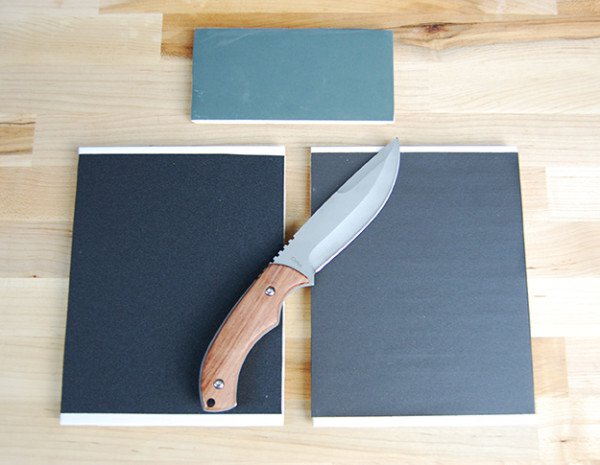
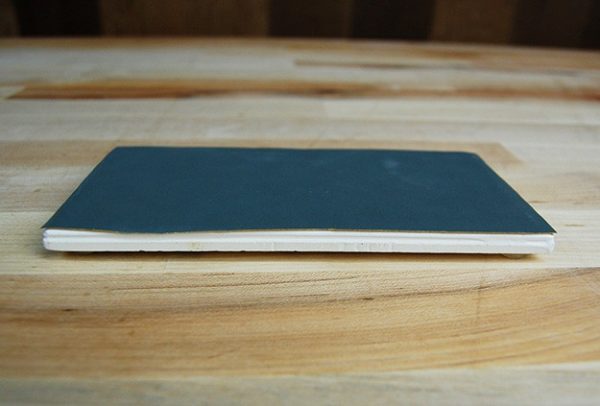
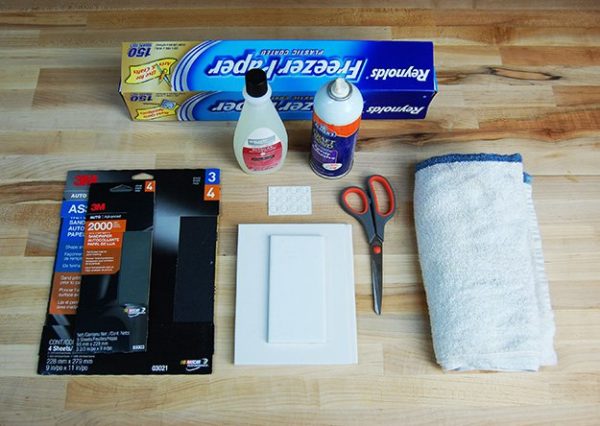
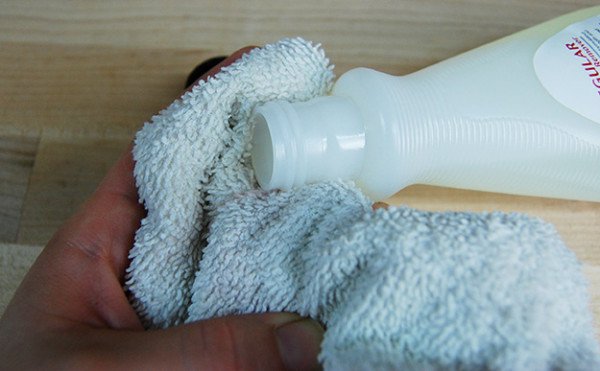
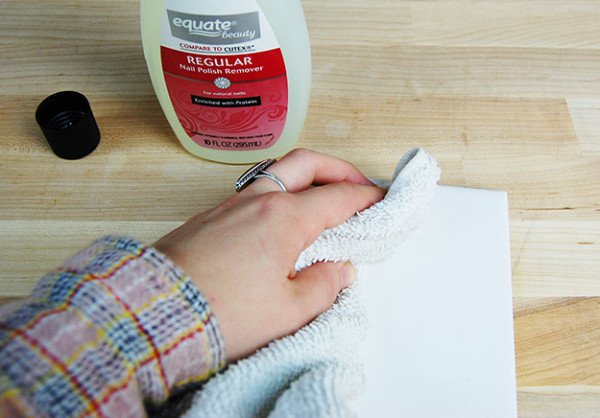
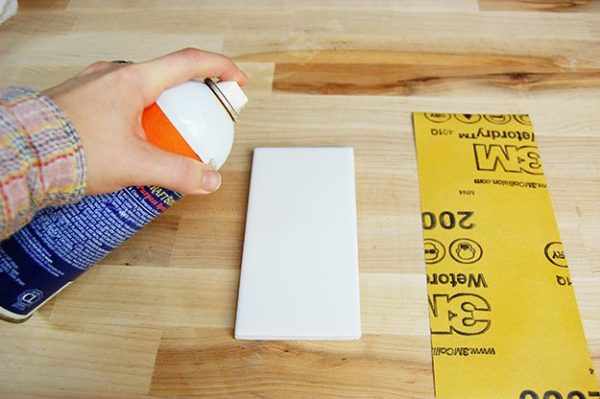
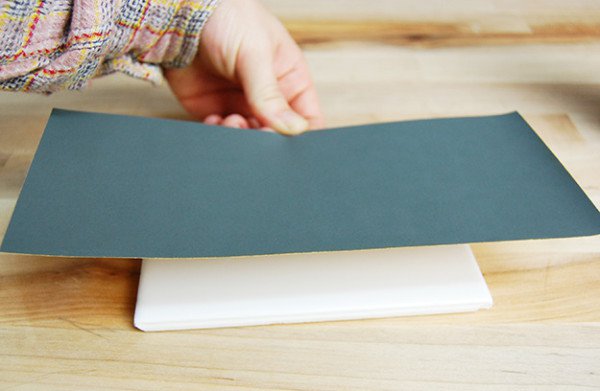
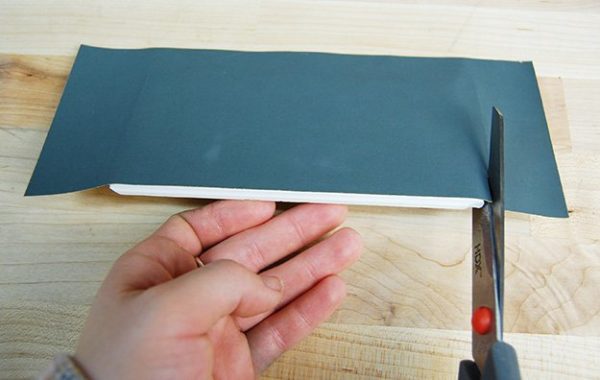
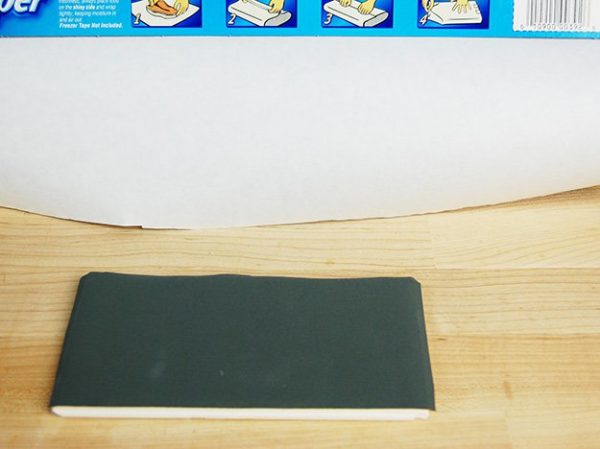
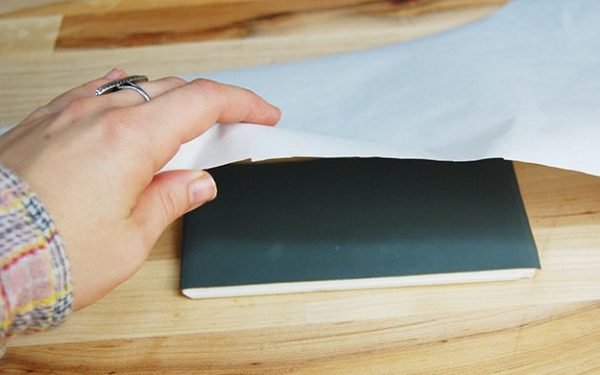
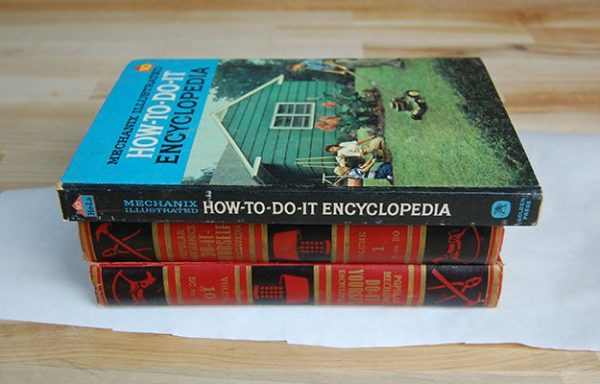
3M 03024 Imperial Wetordry 3-2/3″ x 9″ Sandpaper with Assorted Grit Sizes, (Pack of 5)


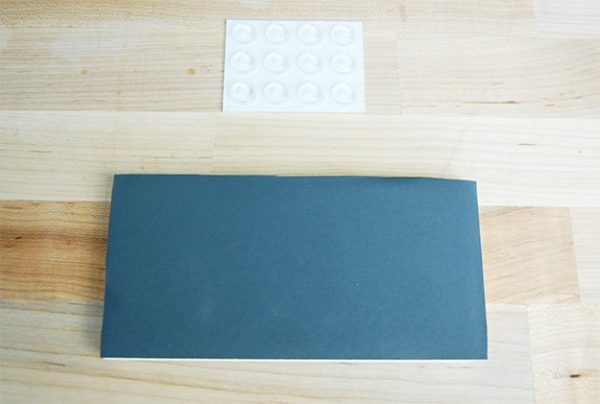
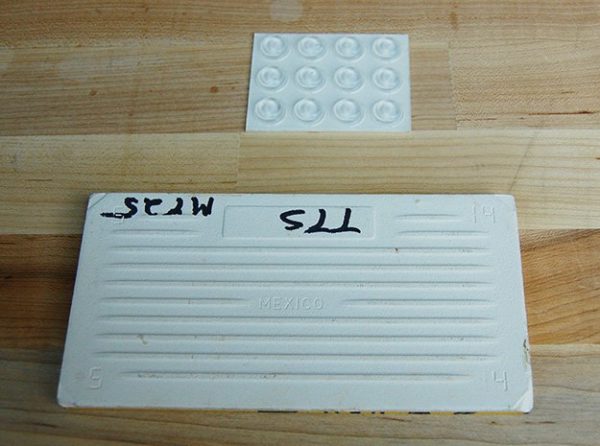
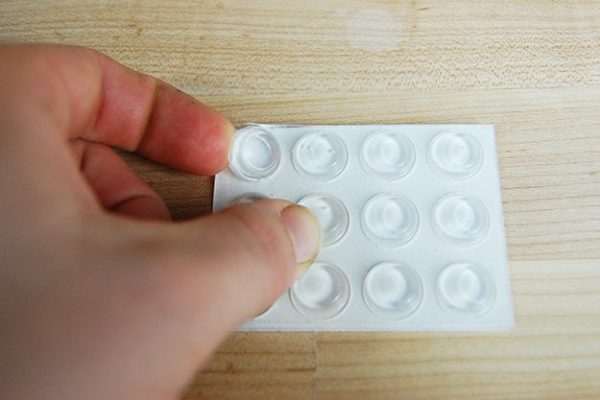
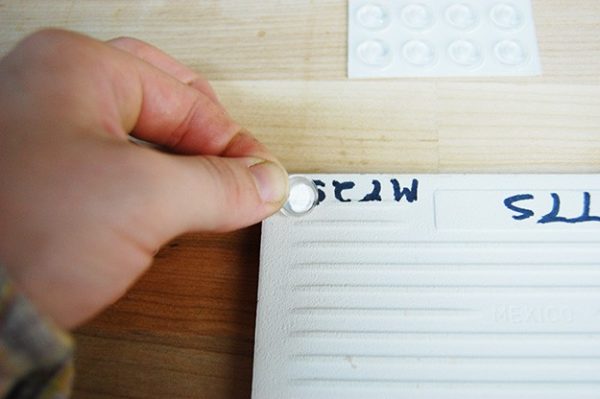
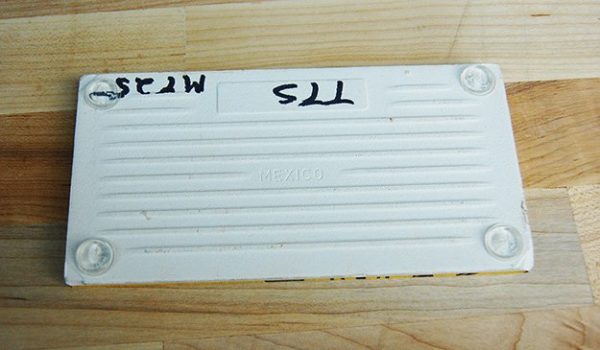



This is cool. Excellent way to get a knife sharpening kit on a budget – thanks!
FWIW, I have also used a belt sander to sharpen axes and gotten excellent results.
Karl
to hone a kitchen or other knife turn an inexpensive stoneware mug upside down on a paper towel, sharpen the knife on the exposed rim on the mug bottom. The black residue on the exposed ceramic is the steel removed from the edge of the knife and will was off easily. The mug isn’t harmed at all.
Gerry N.
Great tip. Thanks!
Why not use wooden blocks or slabs?
Same question here..
Glue or epoxy the tile to a piece of flat board about 1/2 to 1″ thick and the same size as tile. This will raise the tile up from your work area some, making it a little easier to sharpen the knife. It will also help prevent the tile from cracking or breaking should you lay something on it. Raising the tile up with the little “bumpers” will help to keep it from slipping, but will give the tile more of a chance to get broken. Make sure your selection of tile is absolutely flat where you want to attach the sand paper or wet/dry paper. Glossy tile is best.
I have in a pinch used emery cloth pinched in a table vice just pull hard and sharpen away like I said in a pinch not the preferred method but will hone one up
I love this idea. I have a few knives that won’t cut hot butter.
Wow! This is something really informative ‘.Will love to follow you ..